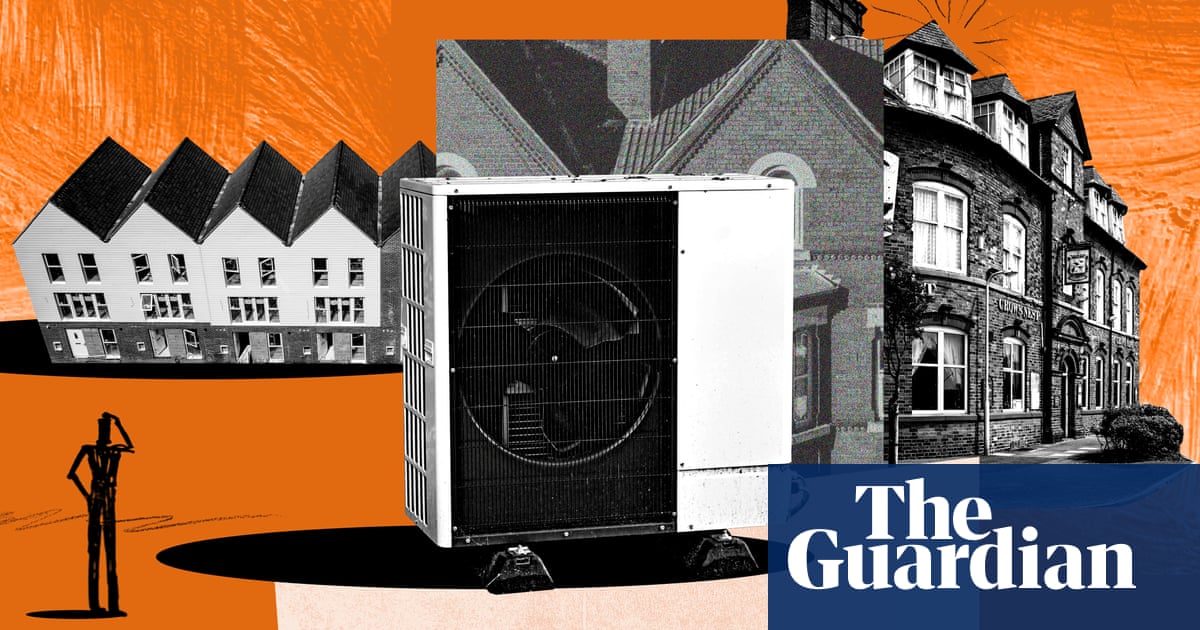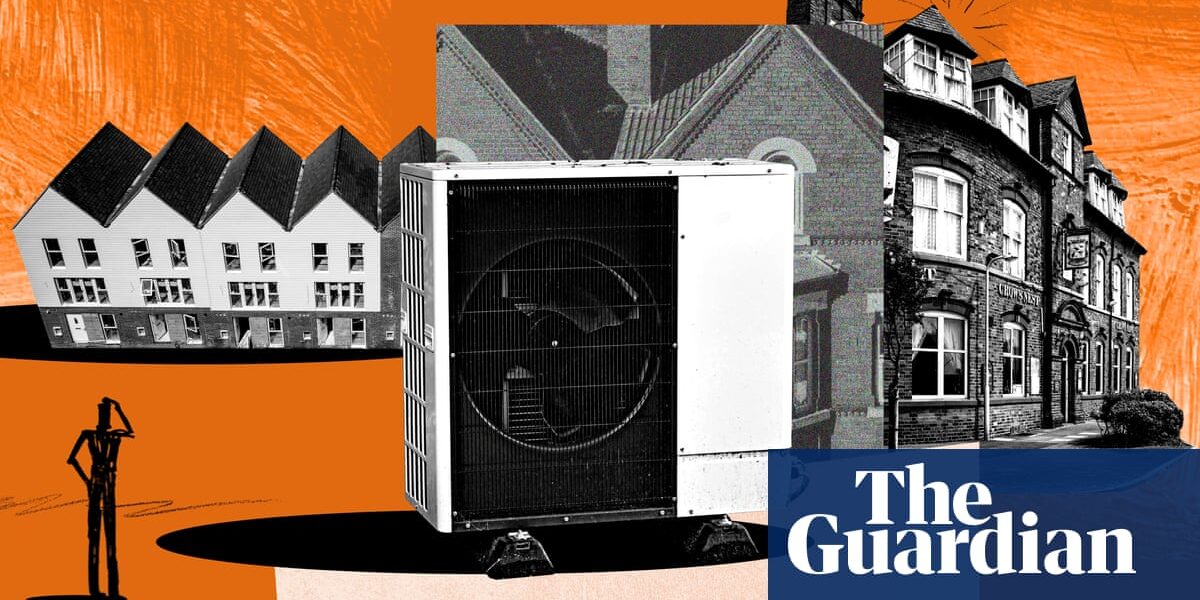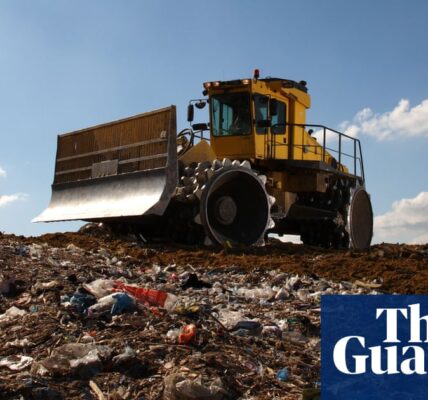
The belief that heat pumps will work only in newbuild homes is still widely held.
The number of heat pumps installed every year across the EU is expected to surge by the end of the decade as governments take aim at household carbon emissions.
By 2025 heat pump installations in the EU are expected to climb from 2m a year in 2021 to more than 4m, according to data from the International Energy Agency (IEA). This global energy watchdog predicts that by 2030 annual installations could reach almost 7m.
Crucially, these forecasts suggest the majority of installations will be in existing buildings rather than modern properties. By the middle of the decade more than half of all new heat pump installations will be in existing buildings, and by the end of the decade almost three times more will be installed in existing buildings compared with newbuilds.
The findings underline a key concern in the heat pump roll out – can heat pumps really work in older buildings, or should they be reserved for newly built properties?
The claim
In the UK the belief that heat pumps only work effectively in modern buildings has fuelled concerns that Britain’s large stock of Victorian and pre-second world war homes will scupper the government’s aim to install 600,000 a year by 2028.
A report commissioned in 2021 by the Energy and Utilities Alliance (EUA), a trade body that represents gas boiler manufacturers, in partnership with four gas network companies, said heat pumps would be impractical for up to 54% of British households who were using gas to heat their homes.
The report analysed 22.7m properties and claimed that for between 8m to 12m there would be “limiting factors” with replacing gas boilers with heat pumps. Homes might be poorly insulated or built with solid brick walls, which would be difficult to insulate. The report also included homes with limited space for heat pumps, such as high-rise flats and mid-terrace houses.
Critics of heat pumps argue that a quick blast of fossil fuels can deliver a surge of heat for even a leaky house, whereas heat pump, which rely on a constant flow of gentle warmth to build to the desired temperature, struggle in homes that do not have good insulation.
The EUA, which subsequently denied deliberately fuelling public misinformation about heat pumps, said the high cost and inconvenience of undertaking a full home insulation retrofit for a heat pump meant this was an option “for a minority of properties”.
The science
Research published in 2022 by the Energy Systems Catapult (ESC), an independent research and technology organisation set up by the UK government, appears to dispel this claim.
The group ran a project aiming to install heat pumps in up to 750 homes across the country – from south-east Scotland and Newcastle to the south-east England – to test the technical and practical feasibility of a large-scale rollout of heat pumps into existing British homes. It found that properties including Victorian terrace houses and 1960s flats could have a heat pump successfully installed.
“The project has not identified any particular type or age of property that cannot have a successful heat pump installation. The suggestion that there are particular home archetypes in Britain that are unsuitable for heat pumps is not supported by project experience and data,” the ESC report said.
The ESC is expected to report back on how well the heat pumps have performed under real-world conditions after the 4 July general election.
The Fraunhofer Society, Europe’s largest application-oriented research organisation, finds that heat pumps outperform gas boilers even in buildings more than 100 years old. It monitored about 300 heat pumps over a period of 20 years.
In one study between 2018 and 2019, the institute monitored buildings between 15 and 150 years old that had been partially or fully refurbished with energy saving measures as well as being fitted with heat pumps. It found air-source heat pumps achieved an average seasonal performance rating of 3.1, meaning they were more than three times more efficient than a gas boiler.
The rating was only slightly higher than the previous study undertaken a decade earlier that found heat pump systems in mainly older, non-renovated, buildings had an average performance rating of 2.6.
The ESC report did not include how much insulation work was undertaken by the households before installing a heat pump. But separate government research suggests it may be less costly than gas lobbyists would argue.
A study for the Department of Energy Security and Net Zero in 2021 found the move to very low or even zero-carbon home heating could be undertaken “without necessarily carrying out extensive deep retrofit work”.
It found: “Homes can convert to electric heating at a cost far lower than the accepted wisdom” and “with no threat to comfort”. Additionally, greenhouse gas emissions would “fall very dramatically as a result”.
The caveats
For older buildings energy efficiency upgrades – such as loft and wall insulation, or replacement of old radiators with larger models and underfloor heating – may need to play a role in mitigating the challenges of installing a heat pump.
Flats or terrace homes with limited outdoor space may need to consider wall-mounted or rooftop options. For all housing types there will need to be space inside for a hot water tank, often where the old boiler used to be.
The extent to which costly home upgrades can make or break the success of a heat pump installation is complex.
The studies that support installing heat pumps in all housing types come with caveats too. The ESC noted that it was not able to install as many heat pumps as it hoped in properties built before 1945 because of the “greater challenge” in designing successful systems for older homes. Still, it managed to install 163 heat pumps in pre-1945 properties, “clearly showing that such challenges are manageable”, it said.
Finally, the caveat at the heart of applying heat pump research to any individual experience is the quality of the installation work. A heat pump system that has been incorrectly installed, perhaps with the wrong size heat pump, will always fall far short of even the most rigorous scientific field studies.
The verdict
Claims that the majority of the UK’s housing stock is not suitable for a heat pump appear to be overblown.
While some older homes will undoubtedly pose challenges to installers, field studies have shown that these challenges are not insurmountable. For example, basic insulation in older properties could improve energy efficiency. And flats in high-rise blocks with limited outdoor space could be connected to a heat network using other sources of low-carbon waste heat, or even large-scale heat pumps.
There has never been a single heating solution to fulfil the needs of all housing types in the UK and other European countries, and the case with heat pumps will be no different. But for the majority of homes it could be the easiest route towards a low-carbon future.
Source: theguardian.com


